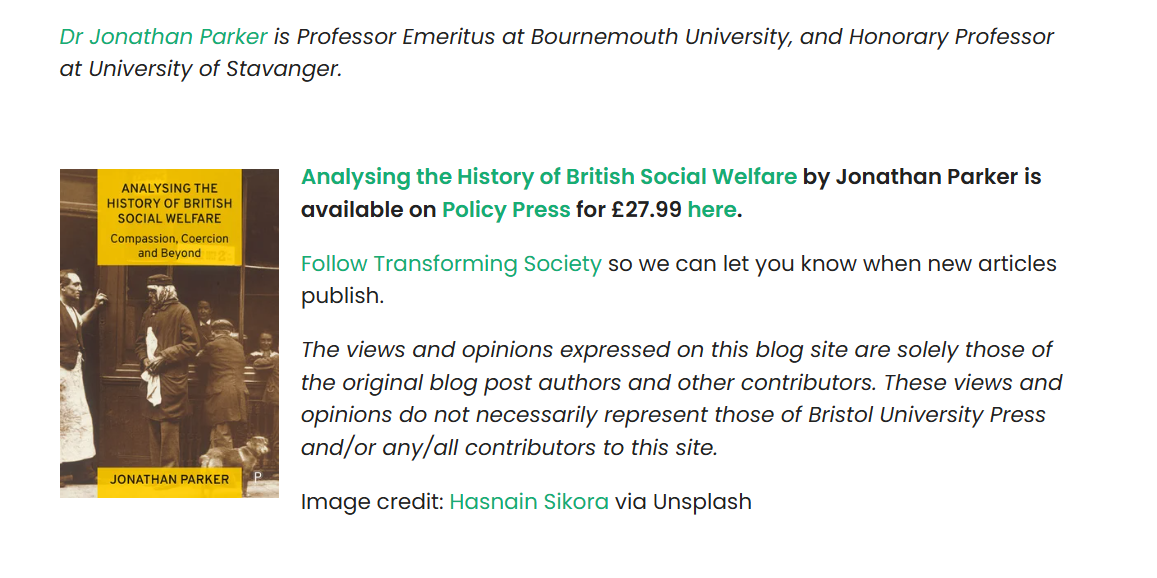The call for applications for Being Human Festival 2025 is now open
 Being Human is the UK’s national festival of the humanities. Each year researchers and staff from universities and research organisations are invited to take part in the national festival by organising a public engagement event or activity, rooted in humanities research.
Being Human is the UK’s national festival of the humanities. Each year researchers and staff from universities and research organisations are invited to take part in the national festival by organising a public engagement event or activity, rooted in humanities research.
This year’s festival will take place 6-15 November with the theme ‘Between the Lines’.
Being Human is a place-based festival that emphasises interaction, collaboration and engaging with communities outside higher education. The festival supports innovative, participatory and creative activities that foster genuine, two-way connections with communities.
You can get an idea of what the festival looks like, and the types of activities they support, in the 2024 highlights film, and by reading the 2024 highlights blog.
There are various ways to participate in the festival:
Funded pathway
Festival Event Grants: up to £4,000 to organise a single event or multiple events. Deadline: Thursday 10 April Being Human 2025 – Festival Event Grant – Further Information.pdf
Please note: only applicants from UK Higher Education Institutions and AHRC-recognised IROs are eligible to receive grants.
Unfunded pathway
Festival Event: organise a festival event that does not require funding from Being Human. Deadline: Friday 4 July
Funding details and support available
- There is no additional funding available for small expenses, and applicants should seek support from their faculty in the first instance.
- The Festival Hub model is not possible this year, as it would require match funding, which we do not have.
- If you wish to apply for the £4,000 event grant, you are welcome to do so, but there is no separate funding for other expenses.
- BU’s Public Engagement Team can support applicants by helping them plan and design engagement activities to ensure meaningful and effective public interaction.
Further details about how to apply, and answers to some frequently asked questions, are available here.
Apply to Being Human Festival 2025 Webinar
Find out more about applying to the festival at the online information session ‘Applying to Being Human Festival 2025’ taking place on Thursday 27 February 2-3pm. Sign up here.
Training Programme 2025
The full training programme for 2025, has sessions running from February to October. This year’s programme includes new events on engagement and inclusion and creative engagement, alongside sessions on audiences, partnerships, promoting events and delivering events.
The sessions are led by expert facilitators, alongside members of the Being Human Festival team. Training is primarily aimed at those taking part, or thinking of taking part, in Being Human Festival, but will be of interest to those working in public engagement more broadly.
All sessions are free and take place online, but booking is required. Find out more and book individual sessions.
Toolkits
The Public Engagement Toolkits have recently been updated. These downloadable PDF resources cover subjects including working with partners, delivering inclusive activities and finding the right format. Browse the toolkits
Contact
Should you require advice on public engagement activities or support with your application, please contact BU’s Public Engagement with Research Team: publicengagement@bournemouth.ac.uk
 Online information session
Online information session

 Our new
Our new 

 Next up in our Research Café series
Next up in our Research Café series


 Being Human
Being Human






 Event details
Event details










 BU attendance at third annual GCPHR meeting in June
BU attendance at third annual GCPHR meeting in June Interactive Tangible and Intangible Heritage Applications – BU student work featured in new book chapter
Interactive Tangible and Intangible Heritage Applications – BU student work featured in new book chapter Second NIHR MIHERC meeting in Bournemouth this week
Second NIHR MIHERC meeting in Bournemouth this week MSCA Postdoctoral Fellowships 2025 Call
MSCA Postdoctoral Fellowships 2025 Call ERC Advanced Grant 2025 Webinar
ERC Advanced Grant 2025 Webinar Horizon Europe Work Programme 2025 Published
Horizon Europe Work Programme 2025 Published Horizon Europe 2025 Work Programme pre-Published
Horizon Europe 2025 Work Programme pre-Published Update on UKRO services
Update on UKRO services European research project exploring use of ‘virtual twins’ to better manage metabolic associated fatty liver disease
European research project exploring use of ‘virtual twins’ to better manage metabolic associated fatty liver disease